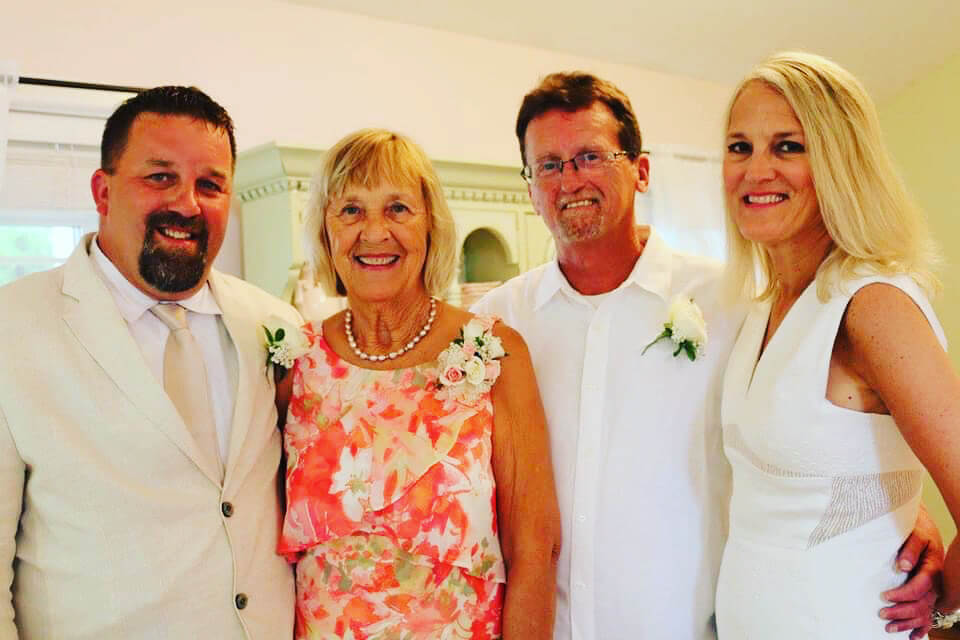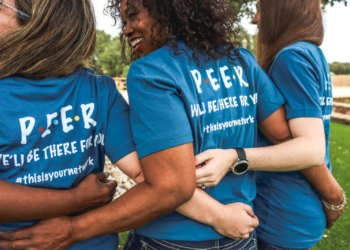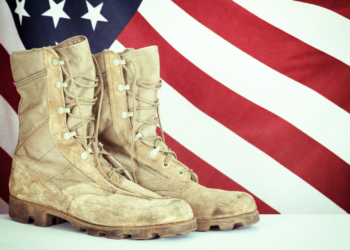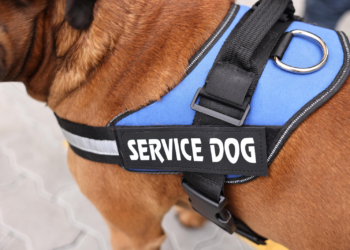Each November offers an opportunity for all to honor those who have served. The physical, emotional, and financial sacrifices of our veterans deserve our respect, and the effect of their service too often extends long into their civilian lives. It is our collective responsibility to ensure that veterans have the healthcare and support they need. But our support should start – and not end – there.
Next to many veterans in need of care is a family caregiver who also deserves our recognition and assistance. These unsung heroes wake up every day and selflessly commit their time and support for veterans – and particularly veterans with challenging conditions, including cancer. Caring for veterans is a team effort, and military family caregivers are the quarterbacks of that care, so it is fitting that November also marks National Military Families Appreciation Month and National Family Caregiver Month.
Nearly 6 million Americans serve as unpaid family caregivers to a veteran. The U.S. Department of Veterans Affairs estimates that 96% of these caregivers are women who on average provide this care for a decade. And they are not alone. Nearly one in every five Americans make similar caregiving commitments, and tragically, caregivers suffer a mortality rate that is 63% higher than non-caregivers.
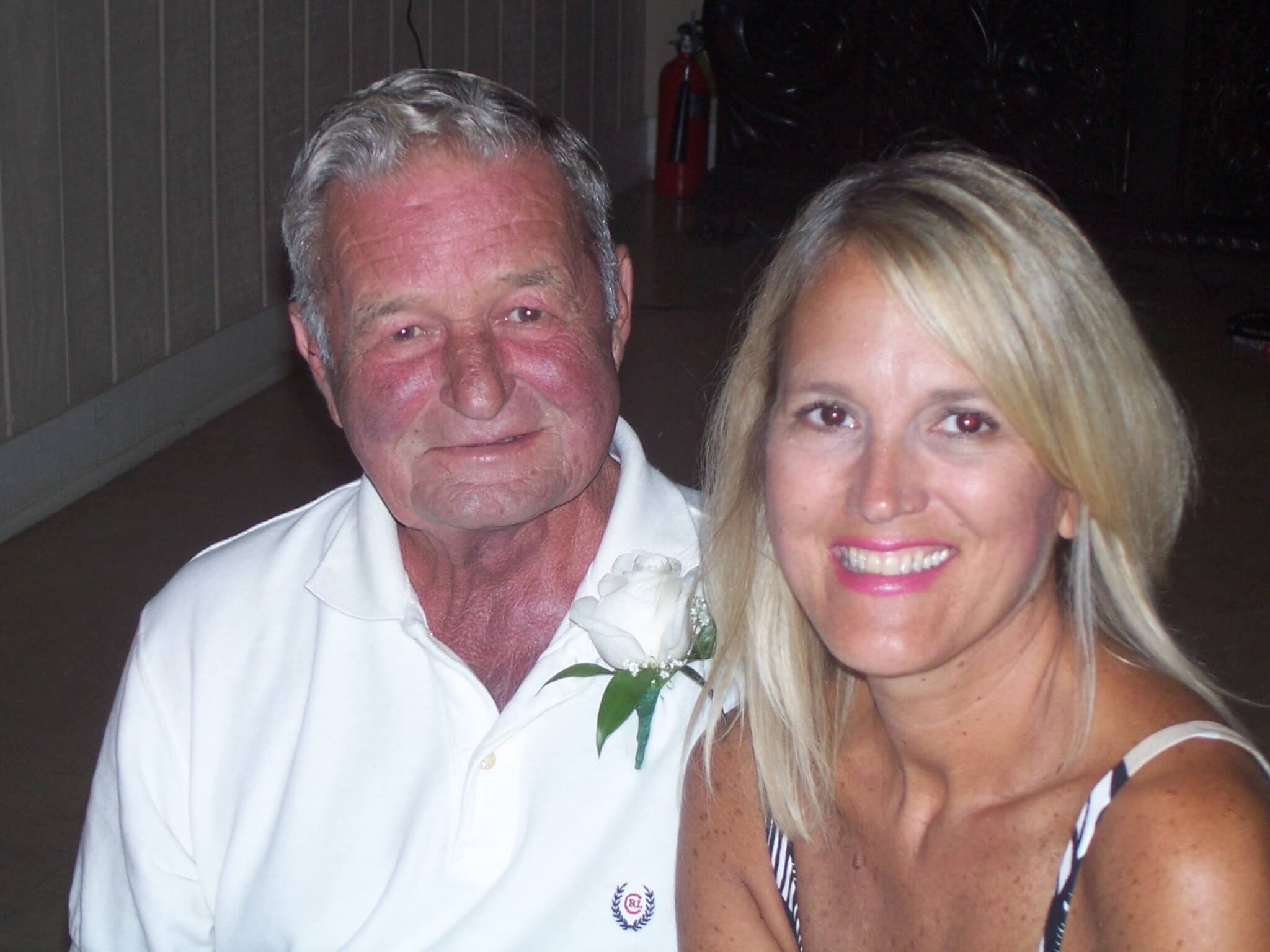
This journey is very familiar and deeply personal to me. I have been a family caregiver for both my veteran dad and brother – both of whom were diagnosed with different types of head and neck cancers. The VA diagnoses and treats more than 56,000 veterans each year, and head and neck cancers are among the top 10 most common among veterans diagnosed and treated by the VA. These cancers can be disfiguring and create complex care challenges.
While my dad fought and eventually survived his cancer, the journey was brutally difficult for him, and for us as his family caregivers. Ultimately his physical condition deteriorated in the wake of his treatment leading him to end his life by gunshot. For my brother, I served as his primary caregiver for several months before he passed, performing every possible task to help him be comfortable as he slipped away from us. These experiences enable me to attest to the immeasurable value of family caregiving, as well as the deep strain that it places on the caregivers.
Today, I lead the Cancer Support Community, a global nonprofit that offers professionally-led support and navigation to hundreds of thousands of cancer patients and survivors, and equally important, to caregivers. Caregiving for cancer patients overall can be demanding. In an instant, loved ones can be thrust into a role that is unfamiliar, turning their lives upside down and pushing them to their physical and emotional limits. They may simultaneously wear the hats of nurse, physical and emotional supporter, driver, financial planner, housecleaner, cook, and more.
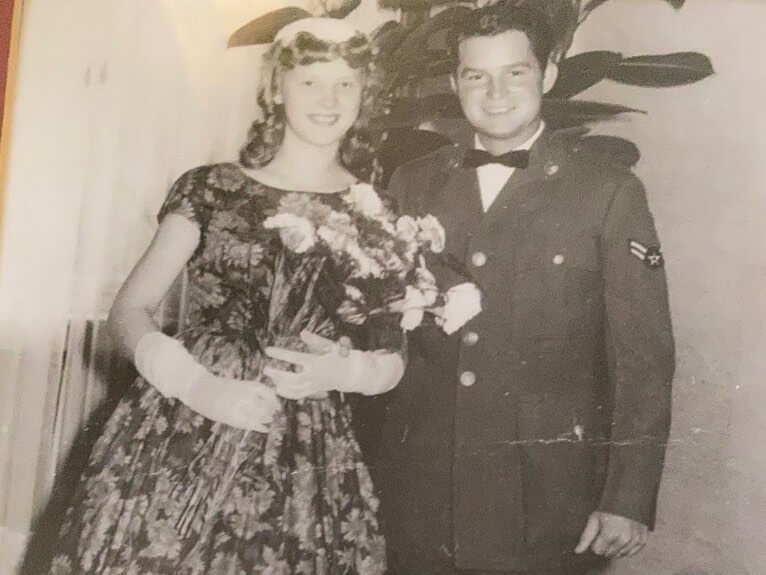
Caregivers participating in our research tell us they received little preparation for the tasks and responsibilities of providing care for their loved ones. Some reported providing over 100 hours of care per week, and many reported a decline in their own personal health. With a view to serving our veteran community specifically, two of CSC’s network partners work with VA Centers of Excellence and several have veteran-specific partnerships and programs.
The VA is making a real effort to provide resources to family caregivers and should be applauded. It is well-known that quality caregiving can lead to better patient outcomes, so it is imperative to build on those foundational efforts. The steps for supporting caregivers must be holistic – balancing the practical support while also offering emotional support. Some examples – veteran care should be inclusive of caregivers in the patient care planning and monitor the wellness of the caregiver in addition to the veteran, care should support training tools for caregivers, and we should work together to simplify veteran care systems to make them more navigable to alleviate time and logistical burdens for caregivers.
This November, let us pledge to shine a bright light on the contributions of these unpaid heroes and to serve them as they serve our nation’s veterans.


